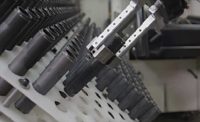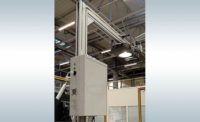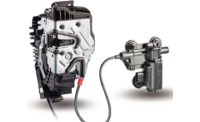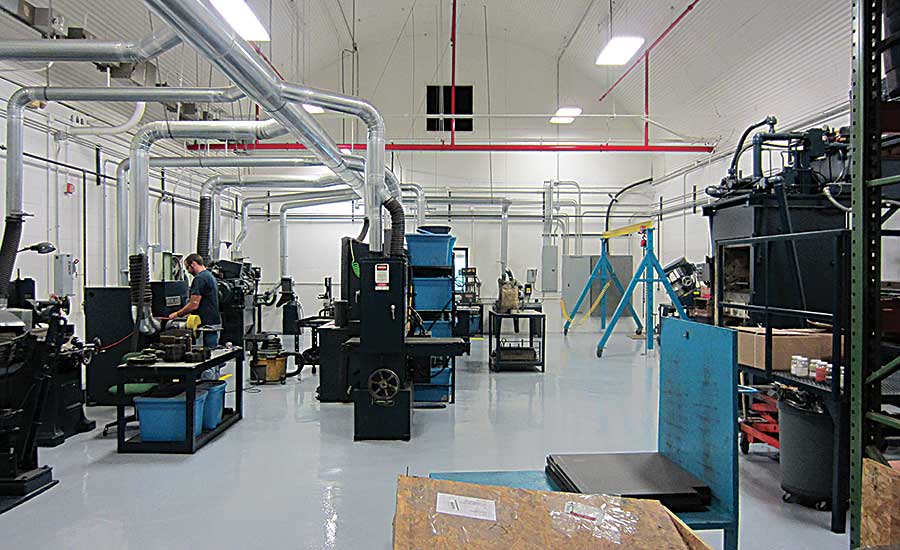MES for Lean Manufacturing Increases Efficiency




Carlisle Brake and Friction is 101-year-old company that manufactures braking products for construction, aerospace, agriculture, military, racing, mining and highway uses. In recent years, Carlisle has seen an increase in competition from off-shore competitors in low-wage regions. To be more competitive, the company looked to increase manufacturing efficiency.
One of Carlisle’s biggest inefficiencies was the physical footprint of the manufacturing process. Parts were manufactured at their plant in Tulsa, OK, then transported to another plant in Medina, OH, for finishing. This travel time increased work-in-progress (WIP) inventories. Another was the overall process flow. Some items require careful coordination to ensure matched sets of components. Products manufactured on multiple lines and limited machine capacity also increased WIP inventories and made scheduling difficult.
Carlisle connected with Factivity and decided to shut down the Oklahoma plant and expand the plant in Ohio. By mapping the value stream of each product line, Carlisle was able to find the most efficient means of production which required purchasing more equipment to eliminate crossing product lines. Factivity helped Carlisle go lean with a paperless factory and by implementing visual manufacturing production tracking software.
Before the rearranging of the factory floor assets into lean manufacturing lines, Carlisle’s production process was complicated, as could be seen by analyzing the routing files in its ERP system. Each item had its own unique router that might cover operations in five departments. Now all operations on a router occur in a single work center, cutting down on move and queue time.
Additionally, they were able to build every product using a total of just eight routers because they had standardized the process. The company adopted a single overhead rate to simplify product costing even further. Not only does this reduction in quantity of routing data simplify costing and scheduling, it reduces the maintenance burden and helps prevent mistakes due to typos or omissions that could introduce errors into costs.
Factivity’s WIP tracking system combined with production time tracking software simplified communication—
customer requests were dispatched electronically to the shop floor quickly where the job queue is accessible to all employees. The software provided functionality that enables them to “see” the sales line items as they are produced and print labels for the pallets and containers. This alone eliminated three days of lead time.
The team at Carlisle analyzed the routings for each part, then examined the entire production process and broke every process into detailed process steps. These steps might have been small but this level of detail enabled them to analyze and root out any non-value-added steps. The average process went from 230 steps down to 76 steps using this process, eliminating nearly two-thirds of the total lead time. As a result, the processes are much streamlined and enable greater throughput.
Carlisle used the Factivity manufacturing process tracking software to provide improvements on older visual card kanban methodology. The electronic kanban includes a picture of the item to eliminate mix ups. Factivity changes the color of the visual kanban to increase priorities when parts shortages exist. Factivity tracks every kanban “replenishment time” to provide management feedback on appropriate size of bins. Factivity also prints pallet and container labels to simplify shipping and improve transaction accuracy.
“Factivity has been a real partner,” says James “JJ” Leet Jr., a project lead at Carlisle. “You can easily install the software, learn and configure it quickly. Factivity is realistic, not idealistic. That makes them easy to work with.”
For more information on MES and efficient manufacturing call 800-369-6377 or visit www.factivity.com.
Looking for a reprint of this article?
From high-res PDFs to custom plaques, order your copy today!








